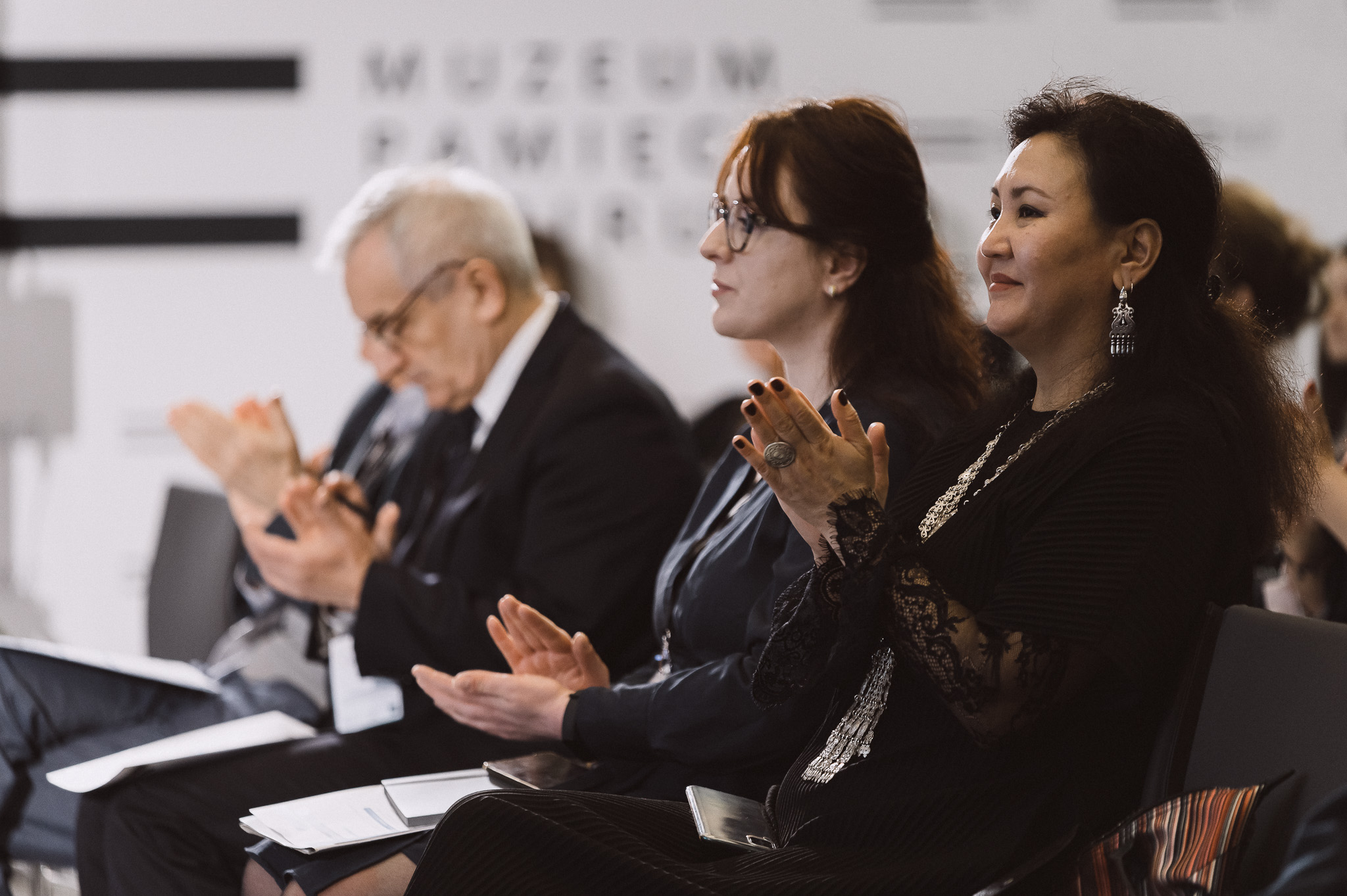The organizers of the conference make the analyzing the most important issues concerning centuries-old Polish-Siberian relations for the goal. These were e.g. literary parallels, connections between Poland and Siberia in painting and music, the image of Siberia in ego-documents, the myth of Sybir and the exile, and finally the culture and Polish society in Siberia – journalism, activities of Polish researchers, problems of adaptation and identification of Poles in Siberia.
The event attracted researchers from all over Poland, with various scientific achievements. – Today we are colleagues, there are no degrees here – said on Thursday, April 20, the director of the Sybir Memorial Museum, Professor Wojciech Śleszyński. – We all experience research problems – Russian archives are closed. But we don’t give up.
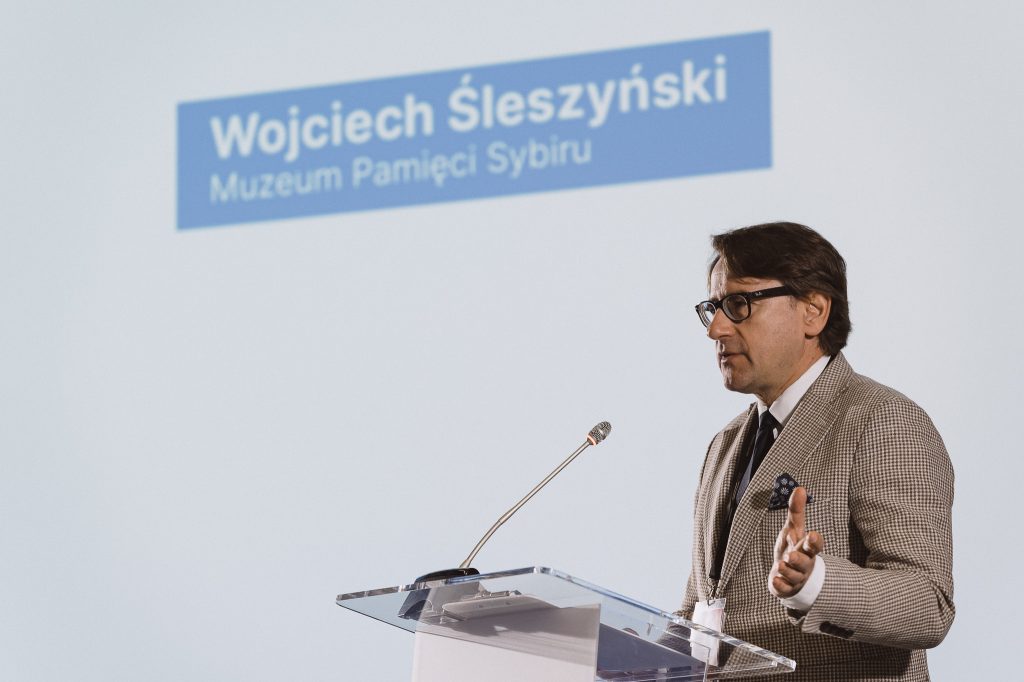
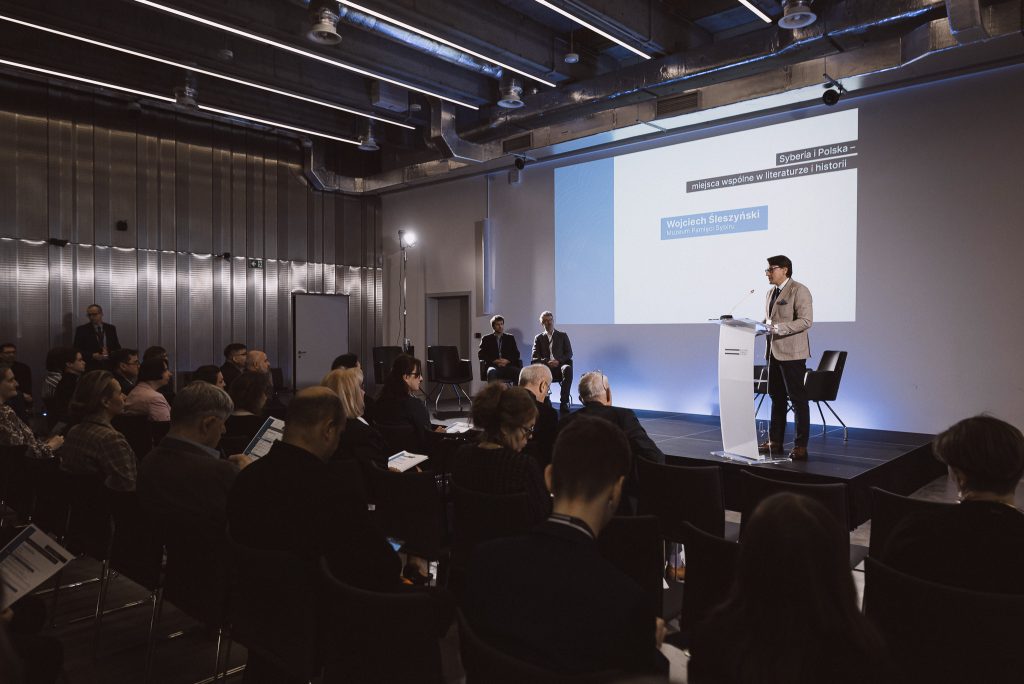

– Let me remind you that a year ago, here at the Museum, the Polish-Kazakhstan Historical Commission was established. In a month, a Polish-Uzbek commission will also be established. Despite this difficult time, our conference is proof that research must be continued – he added.
Ernest Wyciszkiewicz, director of the Mieroszewski Centre, admitted: – We are glad that we contribute to this meeting. We support such initiatives, although Siberian research is a small part of the Centre’s activities.
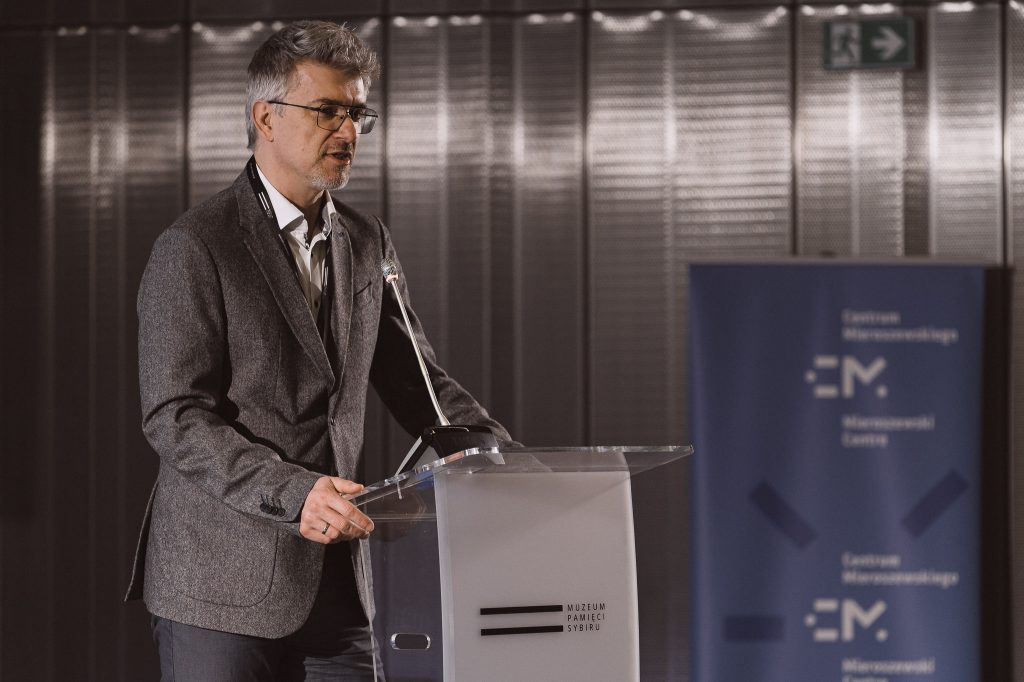
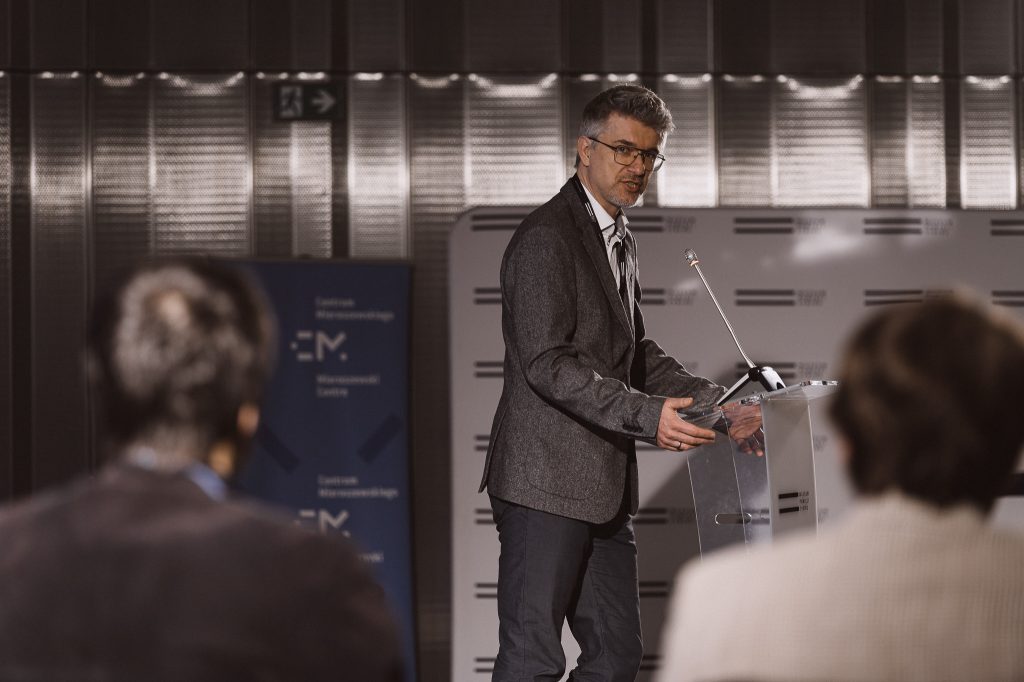

– However, we have had several successes, including the dissemination of the history of Bronisław Piłsudski, once in cooperation with the St. Petersburg Kunstkamera. We support the “The world of Sybir” (“Świat Sybiru”) portal. We had grand plans to extract Polonica from Russian archives – it ended … – said Wyciszkiewicz.
Piotr Głuszkowski, representing the University of Warsaw, emphasized the great scientists interest in the event: – Thank you for finding time for the conference. We did not expect such a large response.
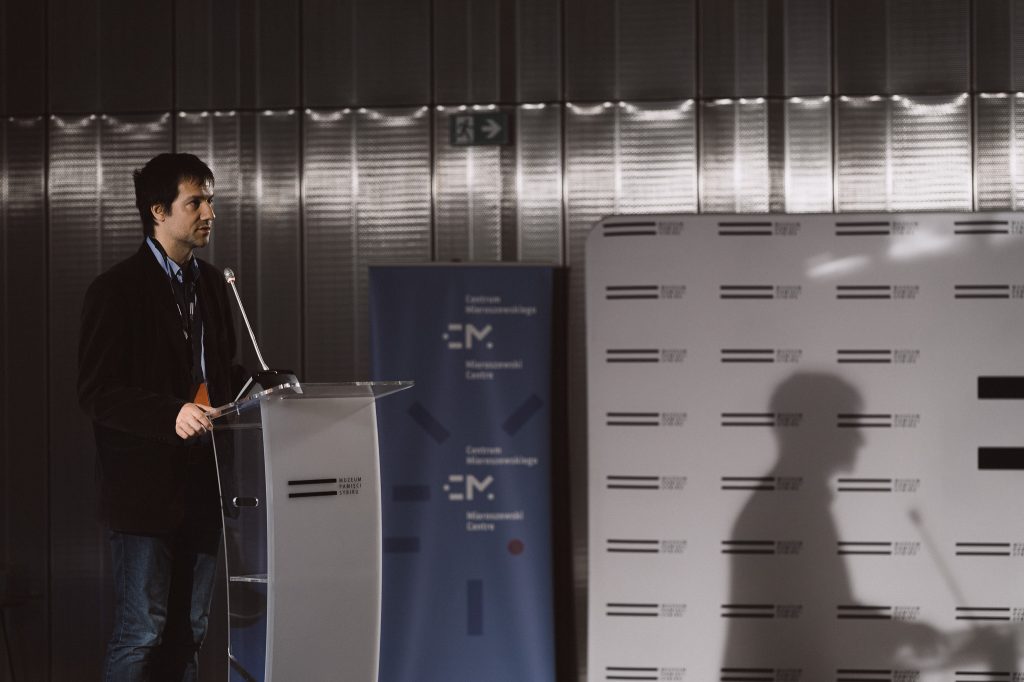
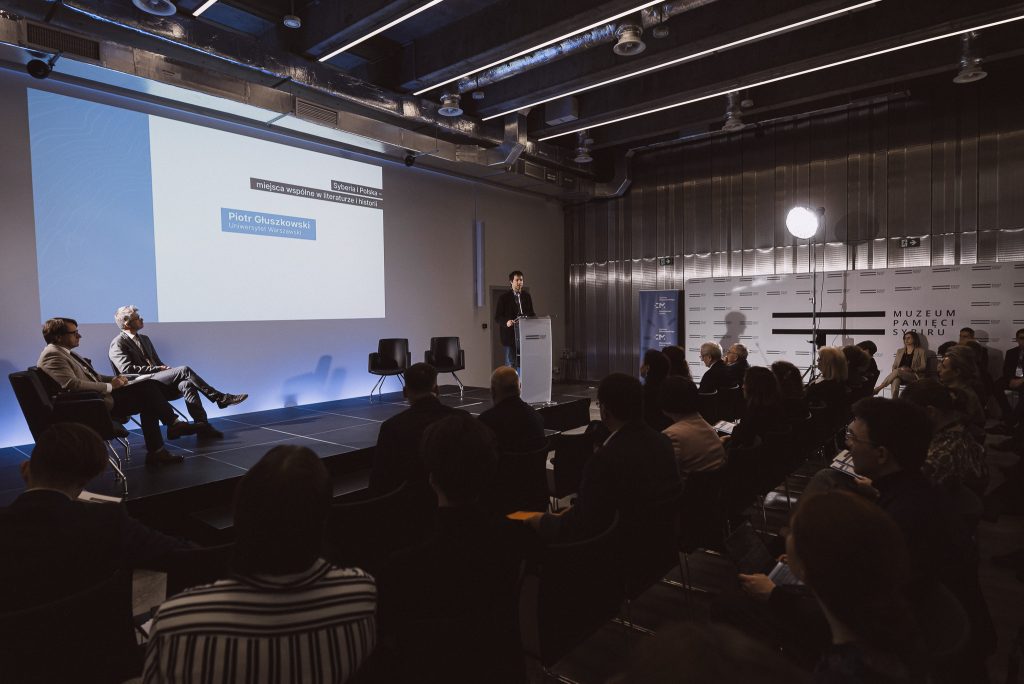
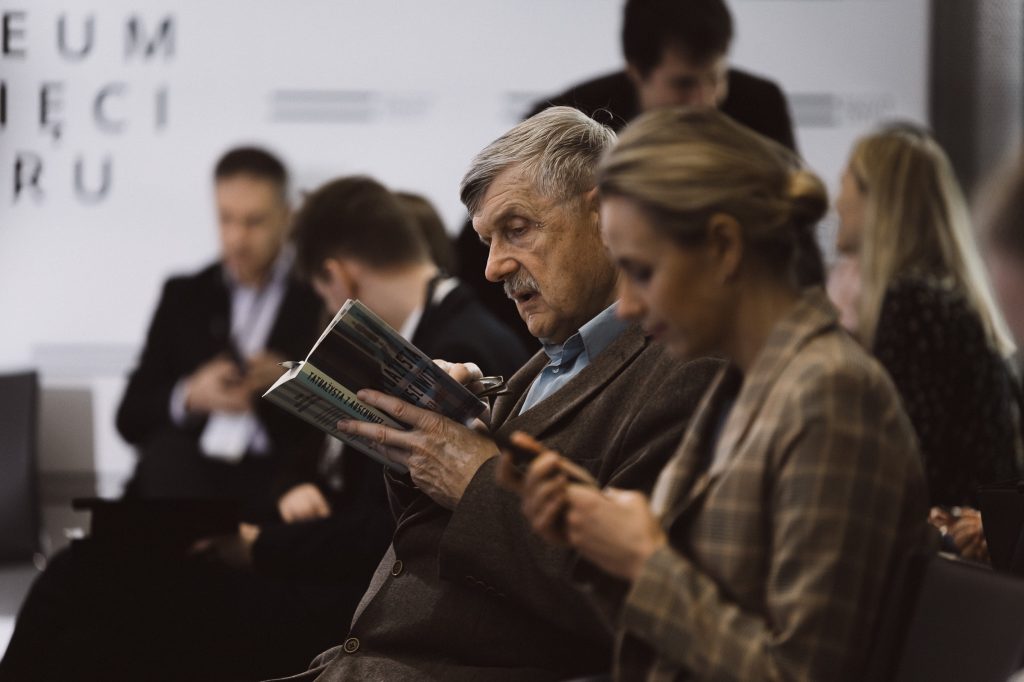
– Professor Wójcik told us that he would like to return to the idea of Siberian conferences, which he was the originator of. He noted that there are no young researchers in the meetings of the Siberian Commission. He wanted to encourage those who are still hesitant to deal with the Siberian subject – explained Głuszkowski.
The first lecture that the gathered audience heard was presented by Professor Zbigniew J. Wójcik from the Research Committee on the History of Siberia of the Polish Academy of Sciences. He was unable to come to Białystok, so the recording prepared by the professor was played during the conference. The prominent researcher presented the contribution of Poles to the civilization of Siberia, emphasizing that most of the engineering positions, for example in the construction of the railway, were held by Poles.
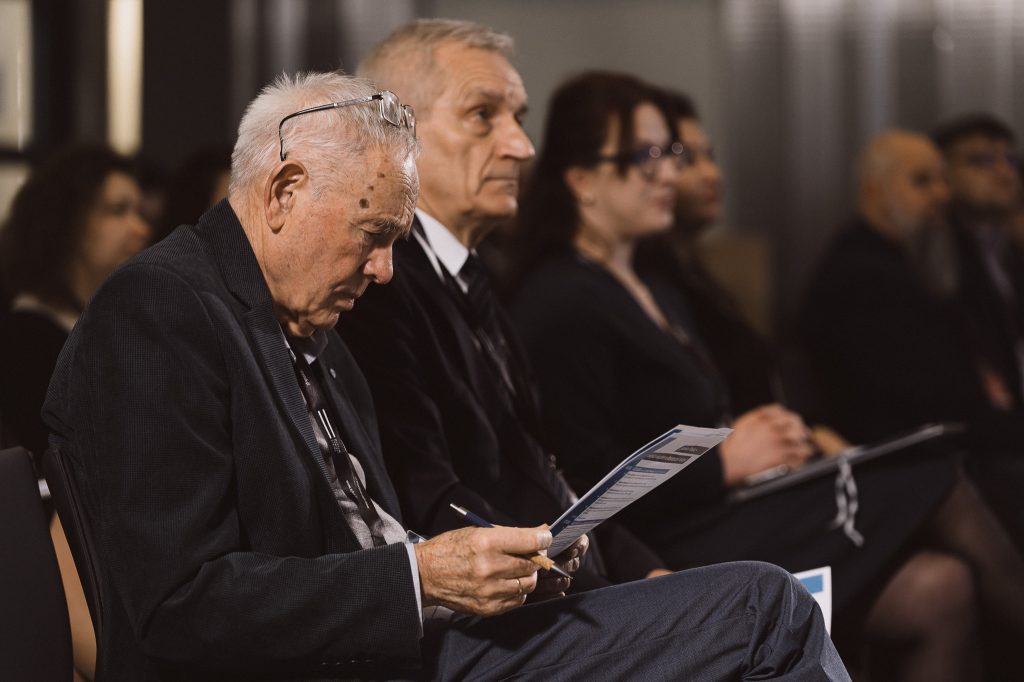
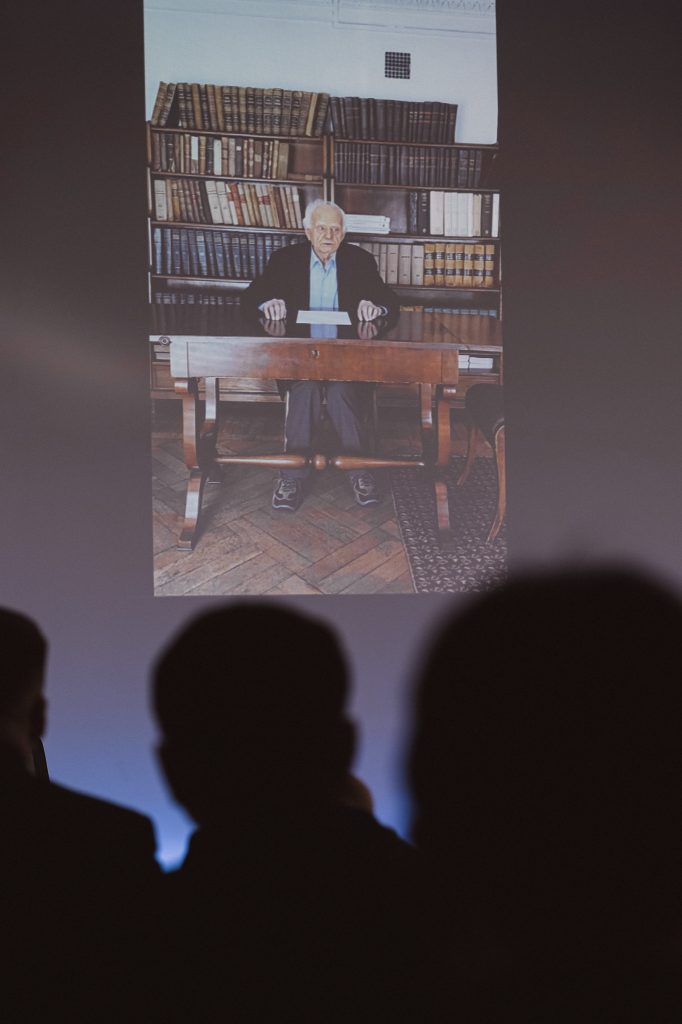

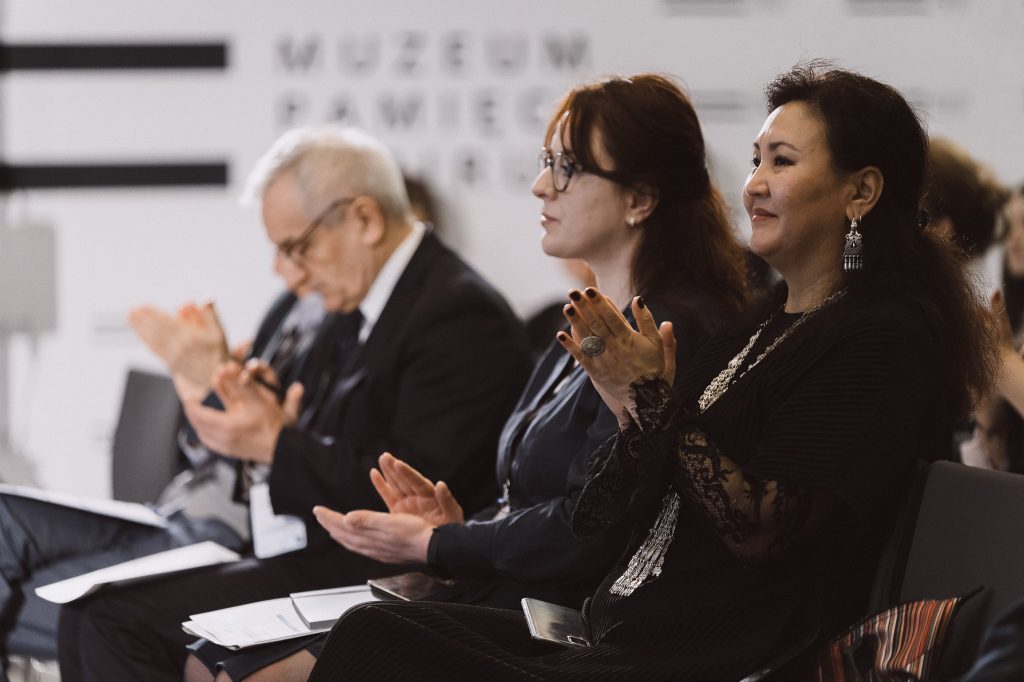
Many topics were mentioned while the lectures that were parts of the following sessions. Wiesław Caban from the Jan Kochanowski University in Kielce presented two memoirs of peasant soldiers describing the experience of staying in Siberia: Ignacy Drygas and Józef Szmigiel. He recalled, among others the story of an exile who during one of the stages in the room where meals were eaten, notices the Polish names of his predecessors engraved on the table top.
Agata Markiewicz from the MTE Social School recalled the fate of selected Polish women who had to start a new life in Siberia. Many of them, untrained in work and self-management, had to learn in exile such things as washing or cooking, which until then they delegated to servants. Others had to find a profession and employment to support their families. Some because of their knowledge of foreign languages became teachers, while others ran – formally owned by their husbands – businesses: a bakery or a photographic atelier.
Bartłomiej Garczyk from the Adam Mickiewicz University in Poznań presented Kazan as a place that was a vestibule to Siberia for Polish exiles. It was a regeneration point where you could buy cheap food from the local people, but it was also filthy, cramped and with bedbugs. We know that Kazan was visited by members of the Kosciuszko Army, participants of the Napoleonic campaign, and the intelligentsia participating in 19th-century conspiracies and uprisings.
Rafał Kowalczyk from the University of Łódź demanded research regarding the fate of Sybiraks from the 17th and 18th centuries.

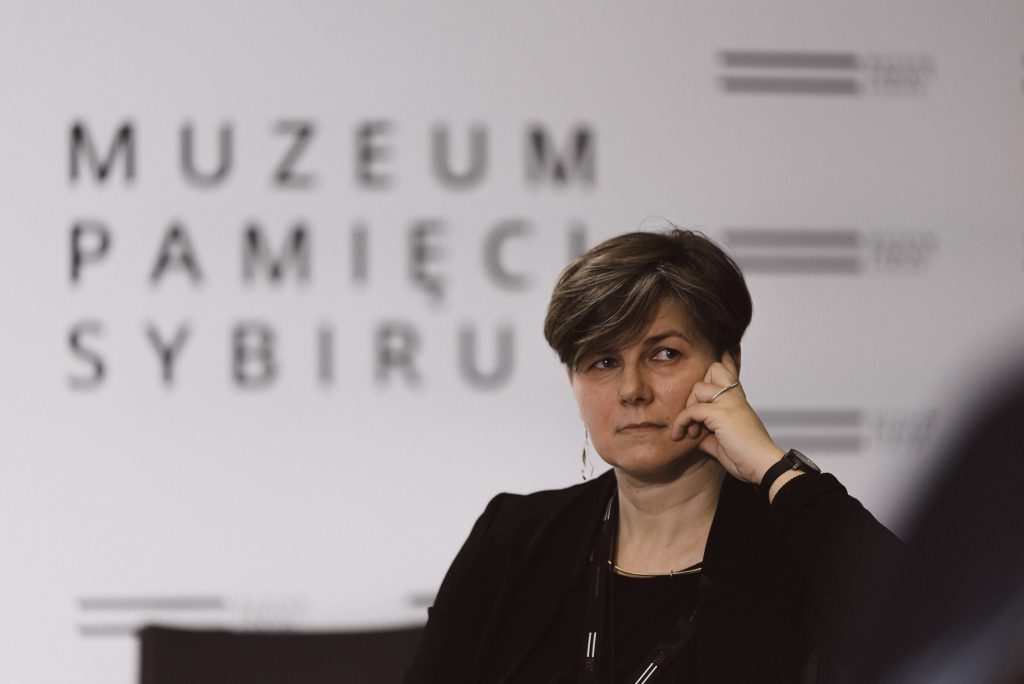



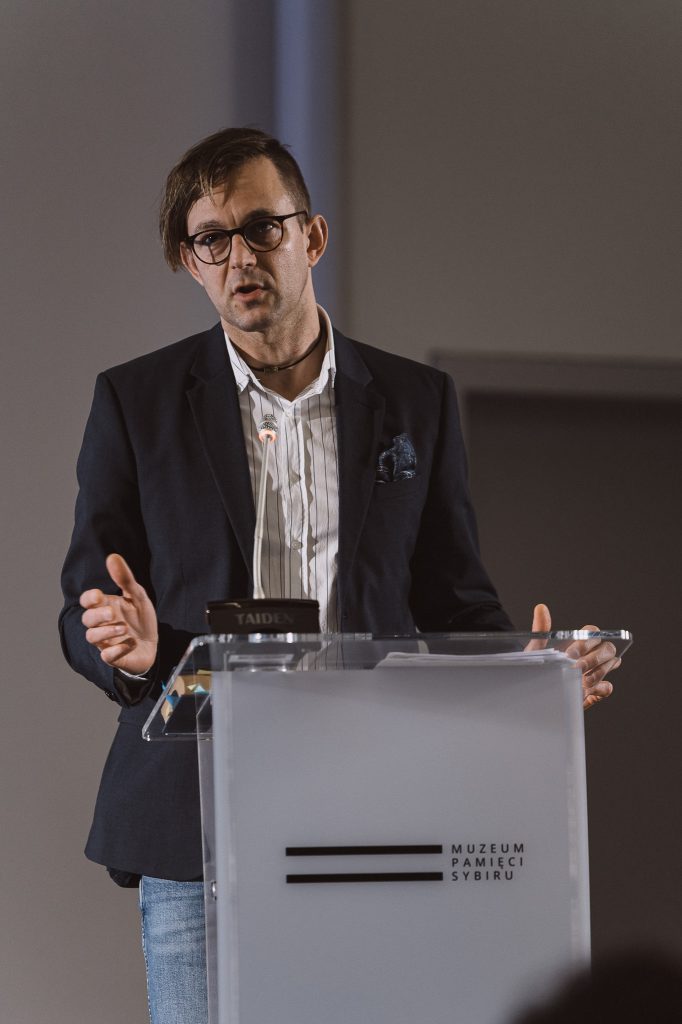
Dawid Maria Osiński from the University of Warsaw drew attention to the theme of Sybir in Zapolska’s works, recalling the moving image of the protagonist of the drama, who prepares letters from her dead husband-exile to support his sick father.
Michał Kołakowski from the University of Warsaw and Dariusz Klechowski from the Adam Mickiewicz University presented Siberian motifs in newer literature. The first person presented the subject of penal colonies still functioning in Russia today, the second person – the world presented in Szczepan Twardoch’s novel “Chołod”.
In the second part of the day, cultural and ethnographic topics were mentioned. Researchers presented the results of their field research, also presenting fragments of recordings and video recordings. Evelina Vizhentas from the Nicolaus Copernicus University in Toruń talked about Magdalena Mycca, who for years played an important role in the Polish community in Wierszyn in Siberia – by baptizing children in the absence of the priest.
Wojciech Olszewski (also from the Nicolaus Copernicus University) discussed the forms of presenting Polishness by Poles living in Siberia – their strategies of sharing knowledge about Polish culture, specifically understood “folk costume” and the openness of Polish associations to everyone interested in culture from the Vistula region.
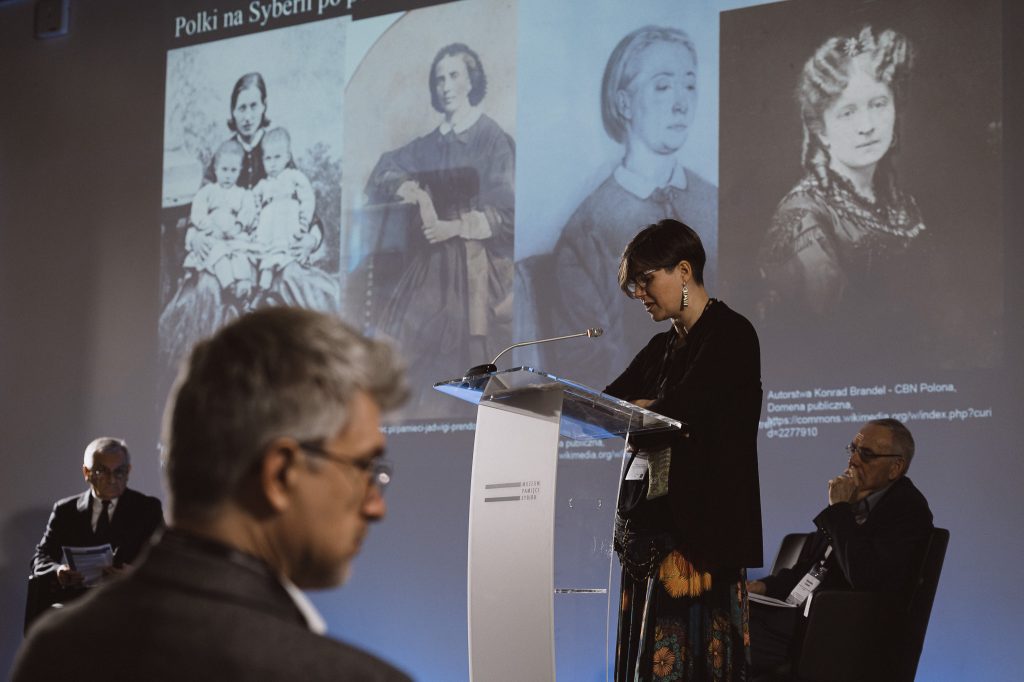
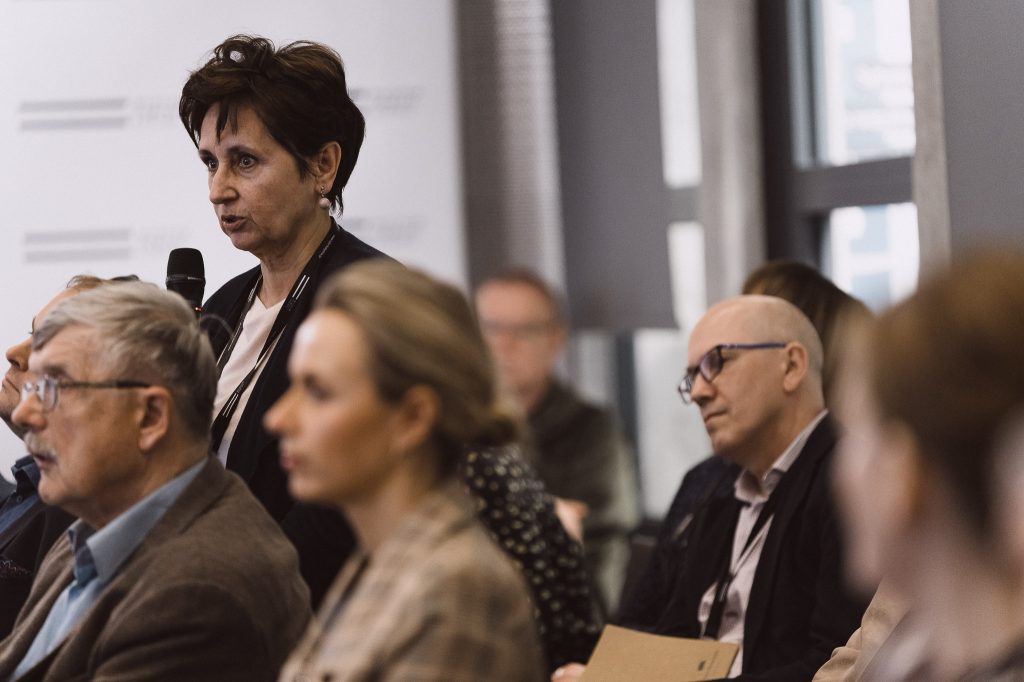
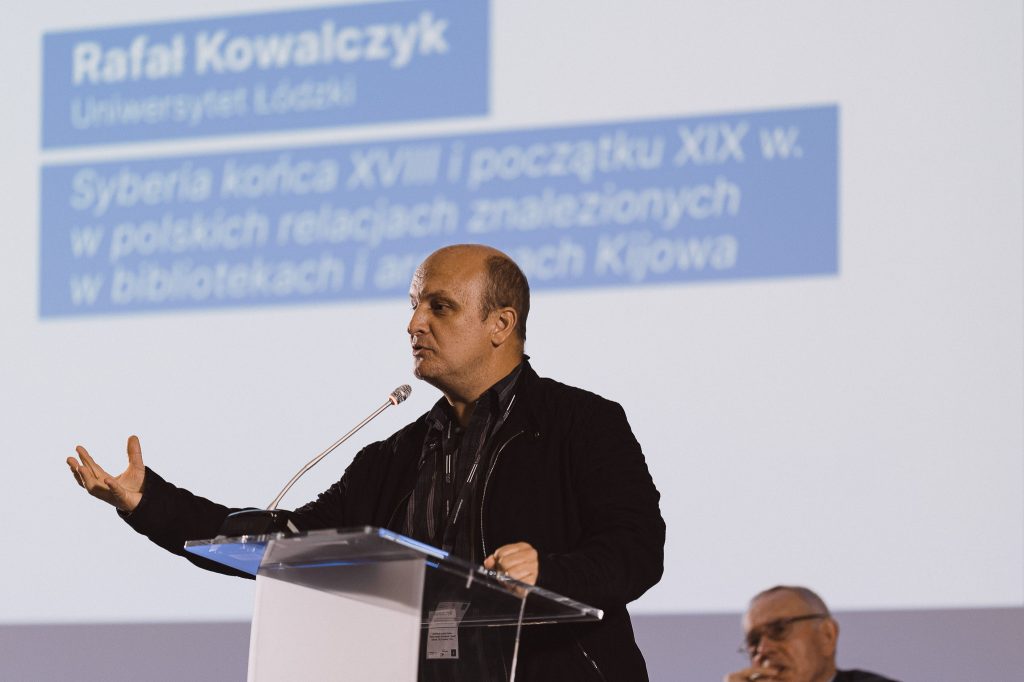
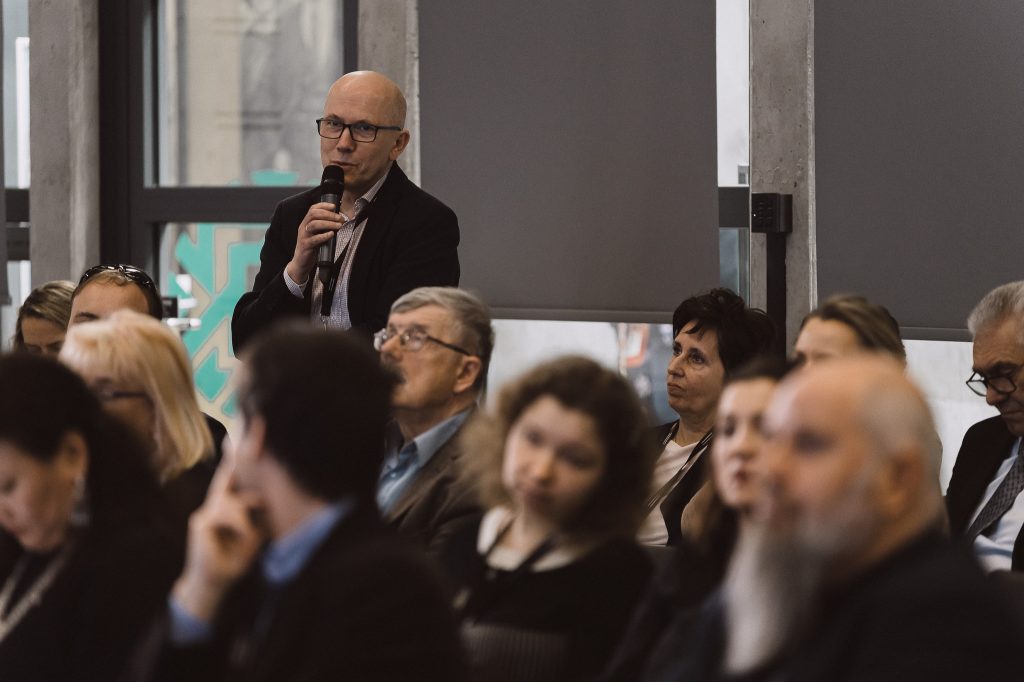
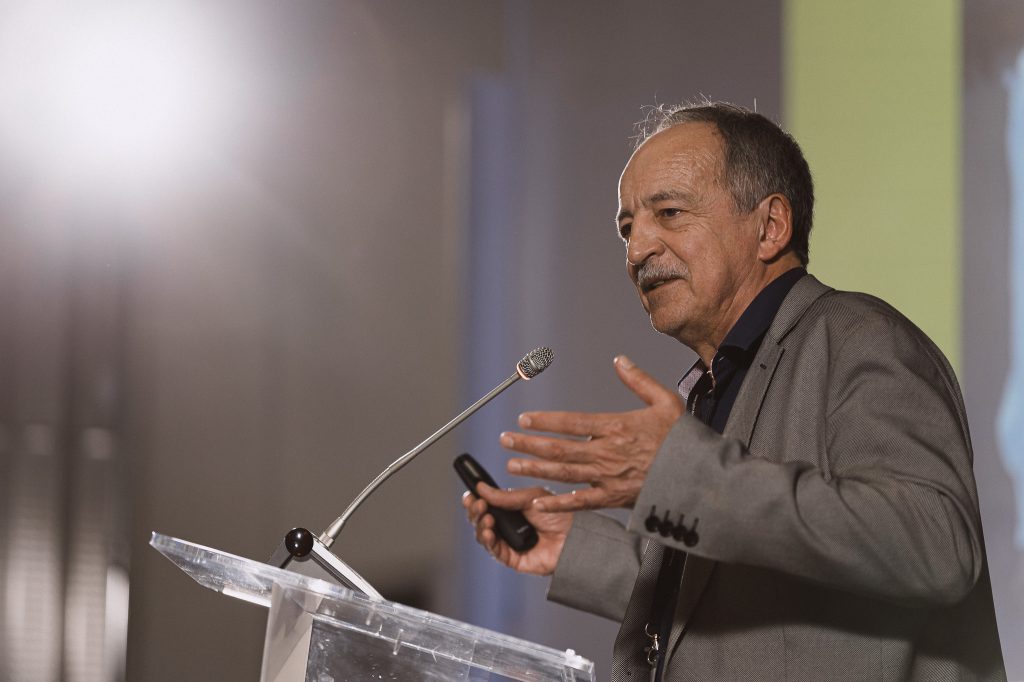
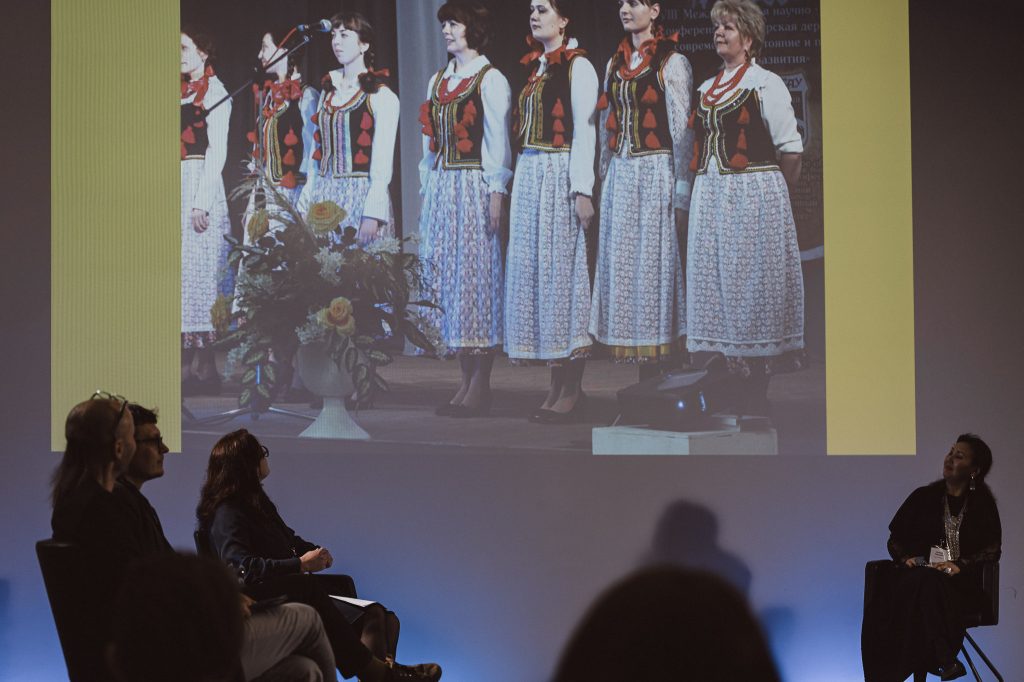
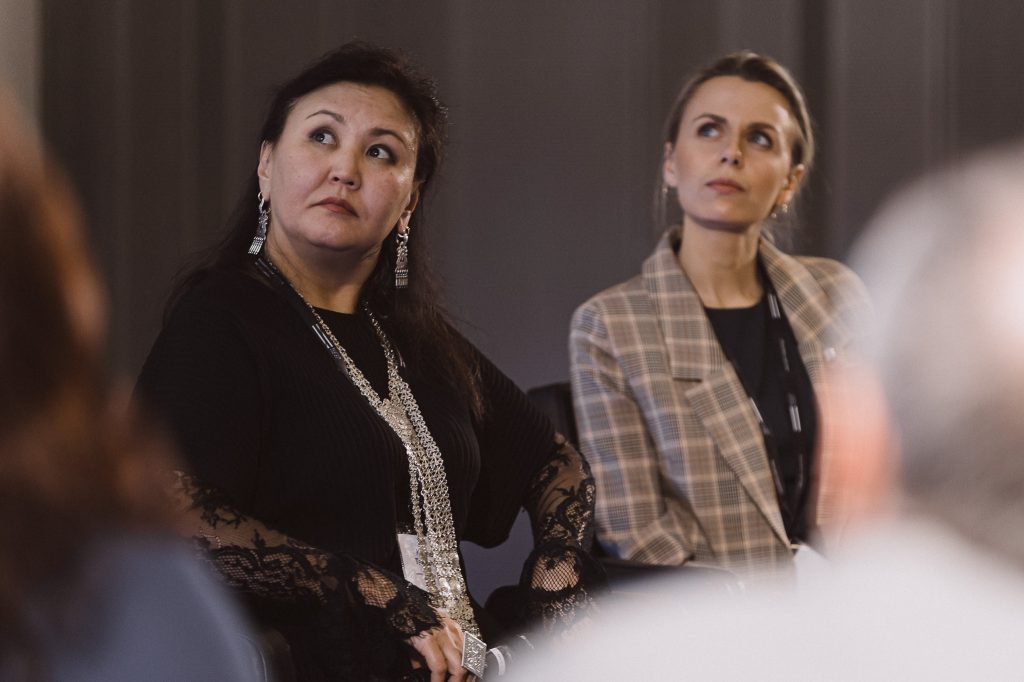
The second day of the event contained dozens of lectures on very interesting issues in the range of history, genealogy, literary studies, cultural studies, ethnology and musicology.
The introductory lecture – via Internet connection – was presented by Svetlana Mulina from the Omsk State Museum of History and Regional Studies. She talked about how Polish exiles made their lives in exile in the Tobolsk Governorate.
Tomasz Danilecki from the Sybir Memorial Museum told about the fate of noble families who lost their fortunes as a result of post-uprising repressions. The researcher drew attention to that Poles did not return to the places from which they were deported, but had to settle in other areas of the tsarist state. Many people did not decide to return at all, which means that they did not have the opportunity to tell their compatriots in Poland about their experiences – so today we have no historical sources that would allow us to learn about their fate. In his speech, Tomasz Danilecki also presented today’s life and ways of preserving the memory of ancestors among the descendants of Polish exiles who live in the depths of Russia.
Jolanta Załęczny from the Academy of Finance and Business Vistula presented the Siberian Usole, preserved in the memories of Włodzimierz Czetwertyński and Stanisław Katerla. Kunnej Takaahaj from the University of Warsaw in the discussion closing the session paid special attention to this lecture: “Thank you for presenting the colonial treatment of the peoples of Siberia.” According to the commentator, it is important to go beyond the Polish martyrology in the story of Siberia and pay attention to the fate of the locals.
From Piotr Głuszkowski from the University of Warsaw, we heard about the difficult choices of Poles, including Tadeusz Bułharyn, the son of a Polish exile, who joined the ranks of Napoleon from the tsar’s army after the creation of the Duchy of Warsaw and participated in the Moscow campaign. In 1814 he was taken prisoner by Prussia. After his release, he came to the Kingdom of Poland and decided to devote himself to a literary career. He worked among others in the Society of Scoundrels. He eventually chose a career in Russia. He was one of the main authors of the popular journal “Severnaya pczela”, the science owes to him the first information about Yakutia. However, by describing the distortions committed by the tsar’s officials in Siberia, he fell out of favor with the tsar. “For Belarusians, a hero, for Poles a traitor, for Russians a renegade” – the speaker summed up the story of Tadeusz Bulharyn.
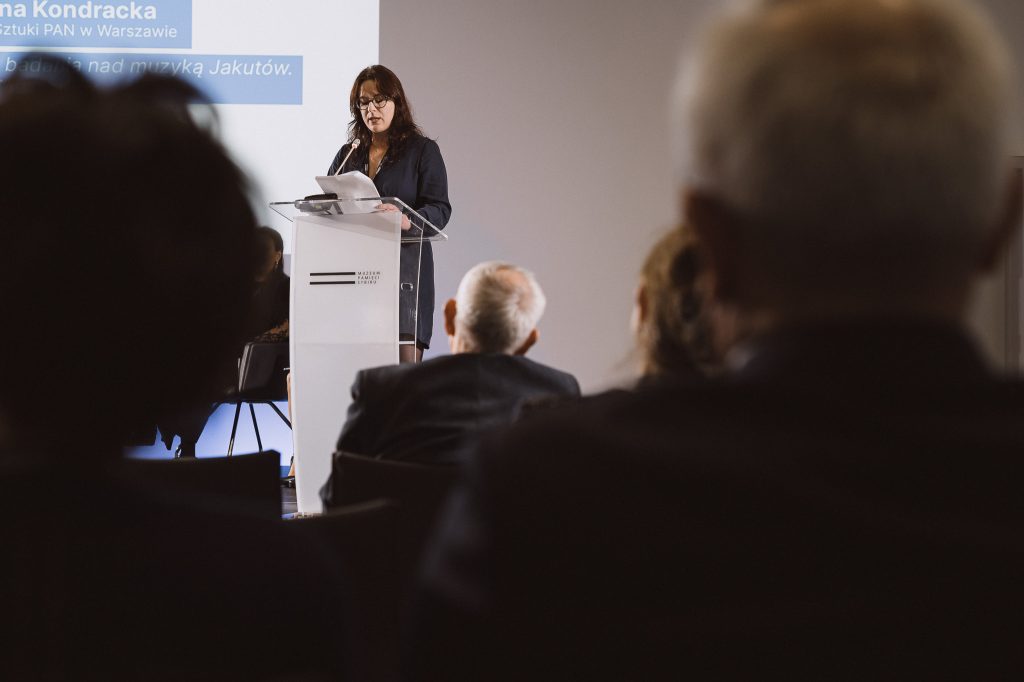
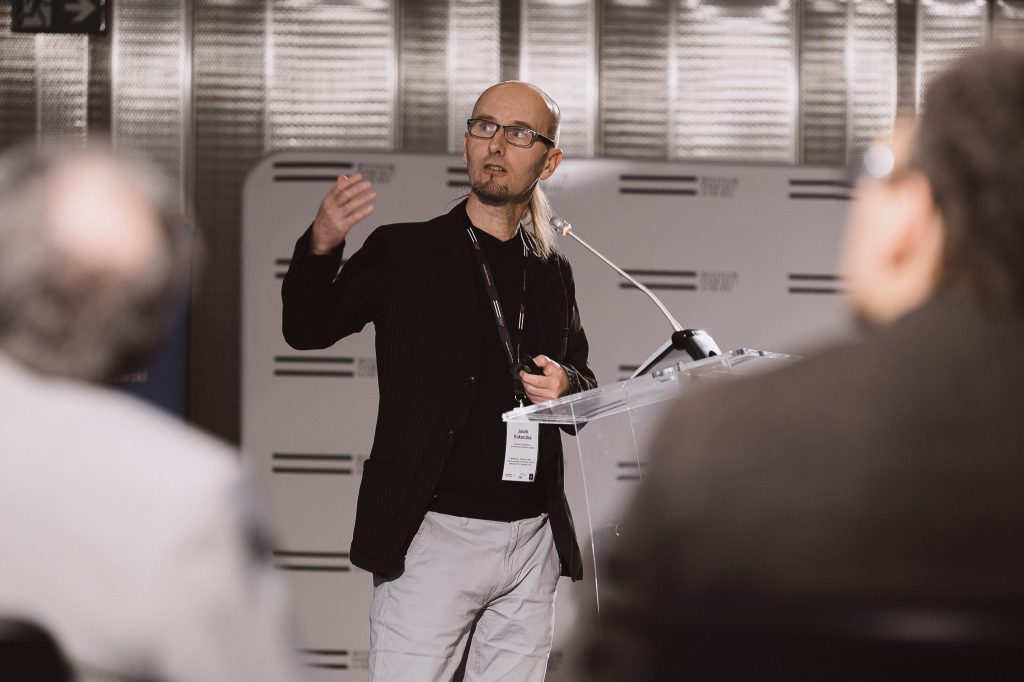
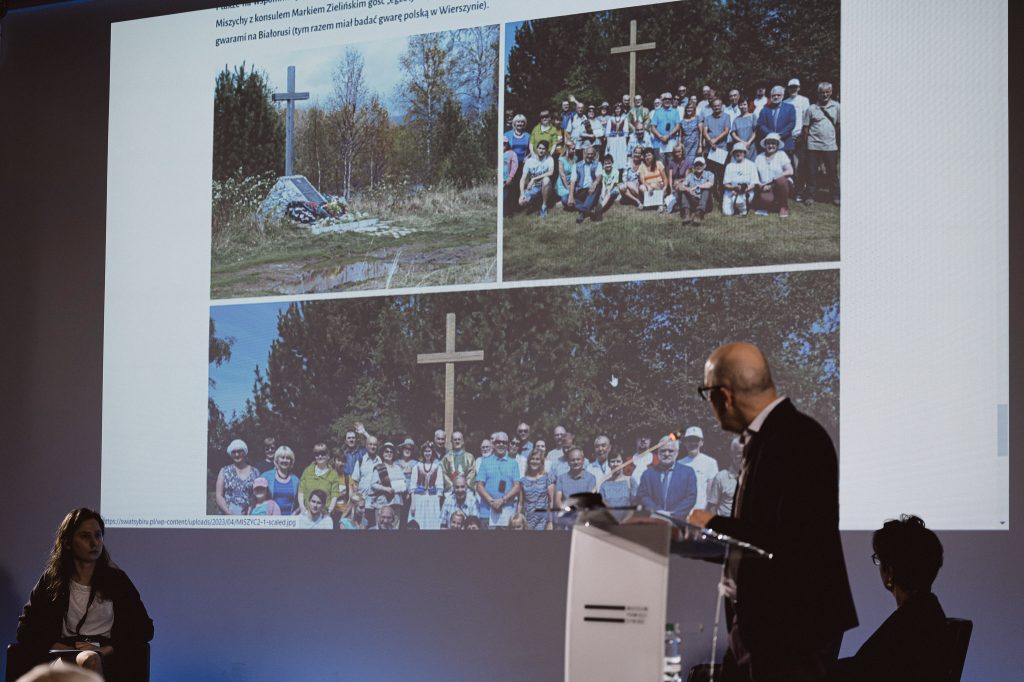
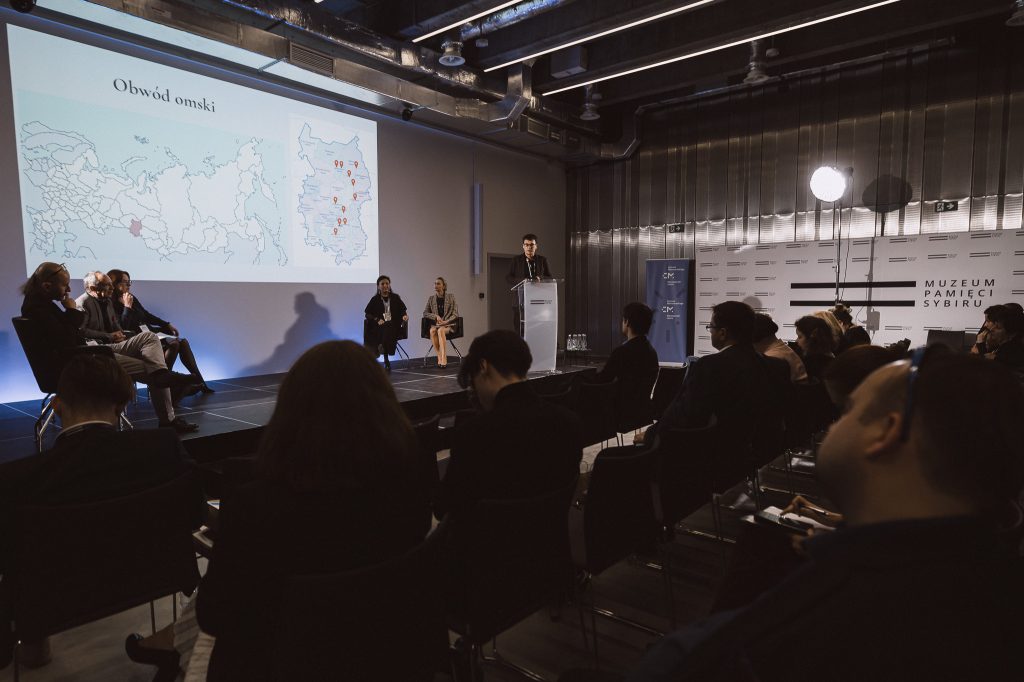
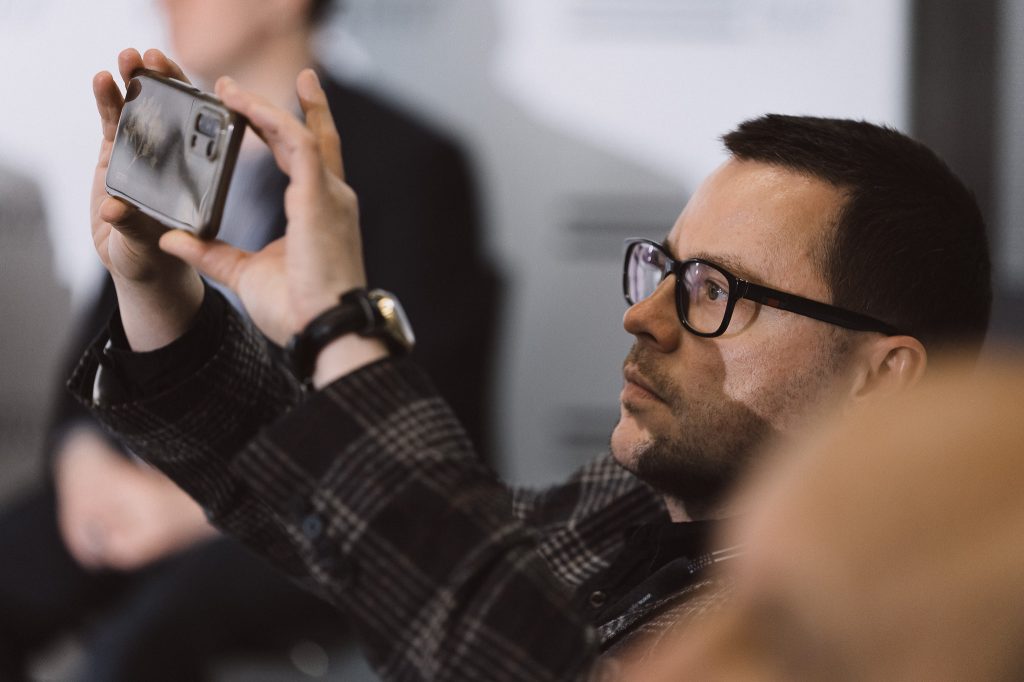
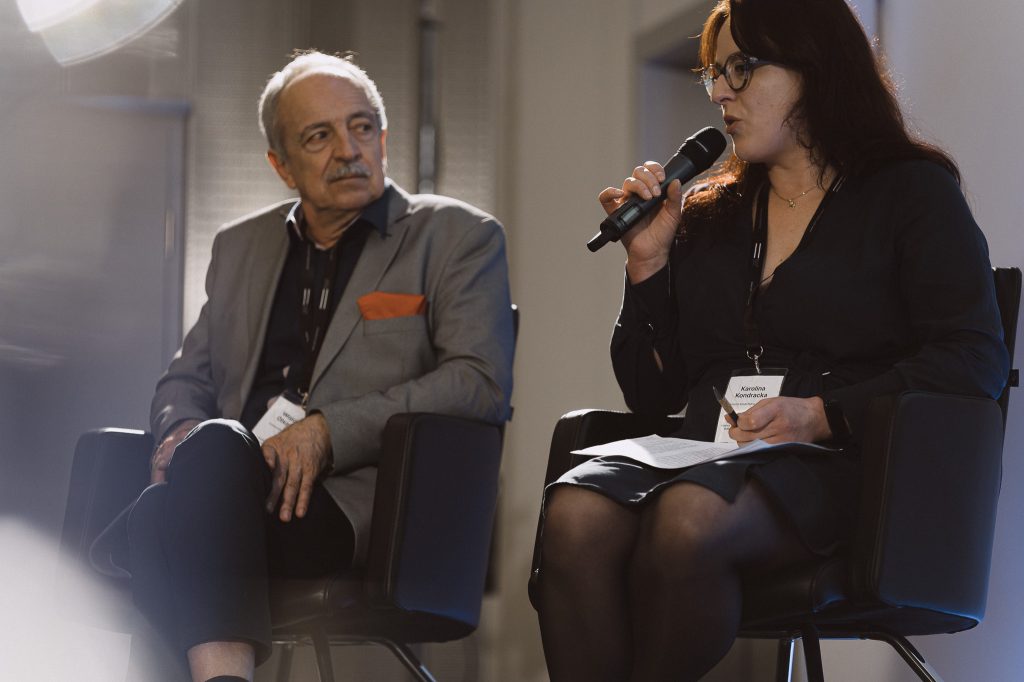
We also listened to a lecture by Martyna Rusiniak-Karwat from the Institute of Political Studies of the Polish Academy of Sciences about Jewish exiles. Blumenfeld described the trip to Siberia as full of uncertainty – he did not know where he was being taken. According to him, Sybir is also hunger and bed bugs. Berger, on the other hand, while sailing on the Lena, admired nature, described the landscape with delight in his memoirs and admitted years later that he “learned to love Yakutia”. Markiewicz wrote that he liked sightseeing tours in his native Tatra Mountains, but refused the charms of the taiga: “Wetlands, blackflies and mosquitoes”.
The Jewish exiles admitted that they met “good Russian people who helped us survive”. For many Jews, staying in Sybir meant breaking away from religious tradition. Berger wrote that after leaving Siberia he felt Jewish again.
Paweł Libera from the Institute of National Remembrance and the Institute of History of the Polish Academy of Sciences introduced the figure of Józef Wargin Słomiński, due to which we get acquainted with a typical biography of a Comintern member.
Teresa Mlejnek-Dylewska from the Complex of Secondary and Vocational Schools in Mońki discussed the fate of the residents of the Downary, who traveled through Siberia, and then even India, to various corners of the world. Among them were the heroes who died at Monte Cassino, there were people looking for happiness in Canada or Venezuela. “Of all those people deported to the country, 36 people returned, the rest died or emigrated, the fate of some people is still unknown.”
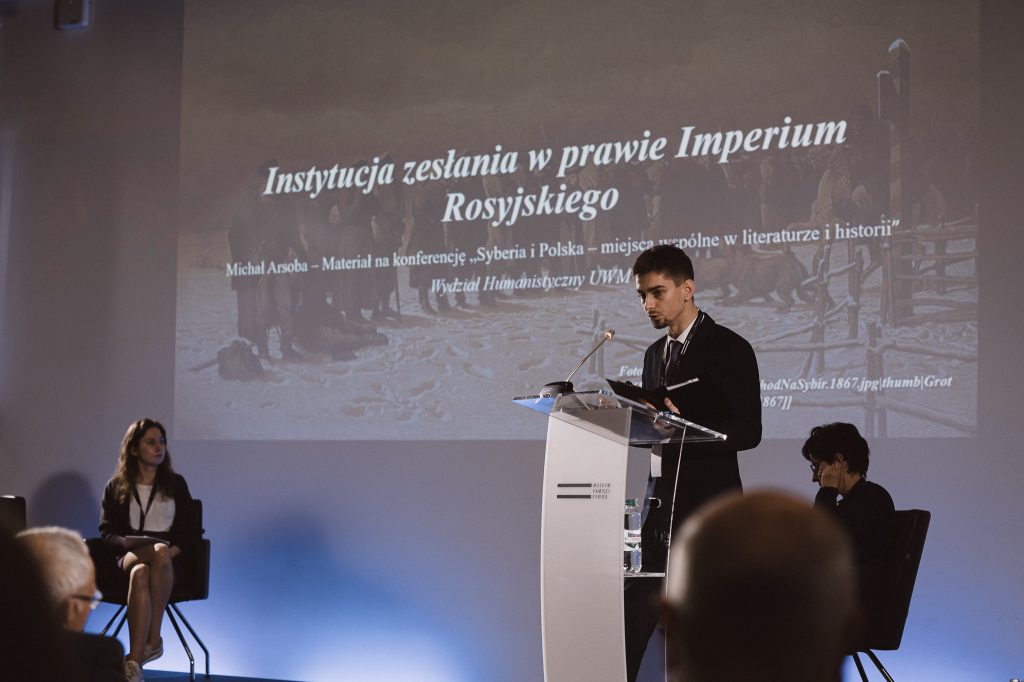
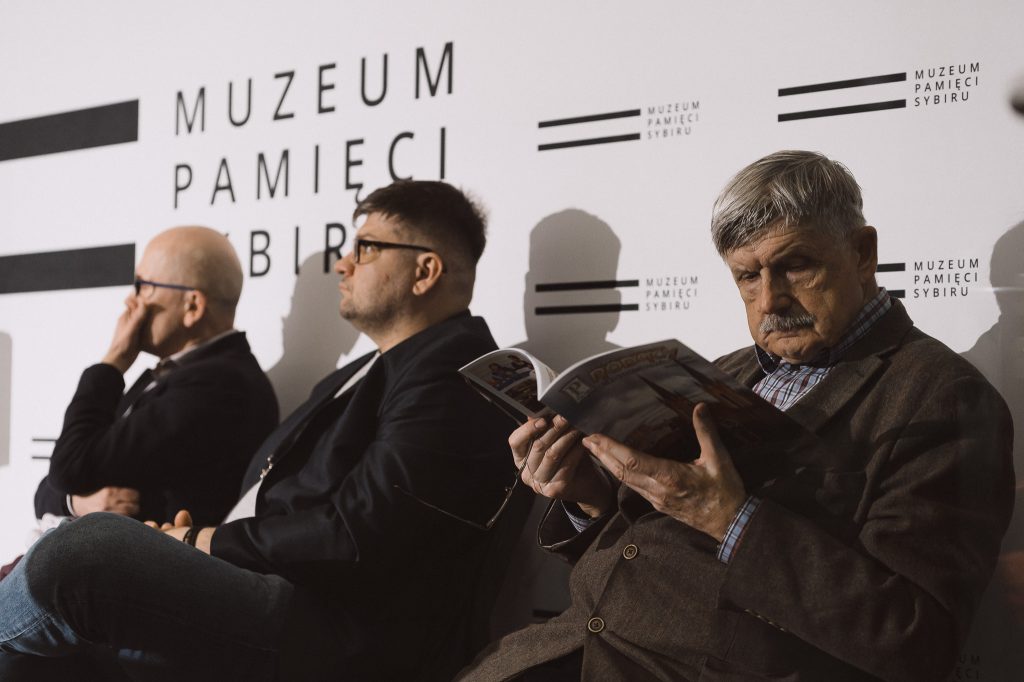
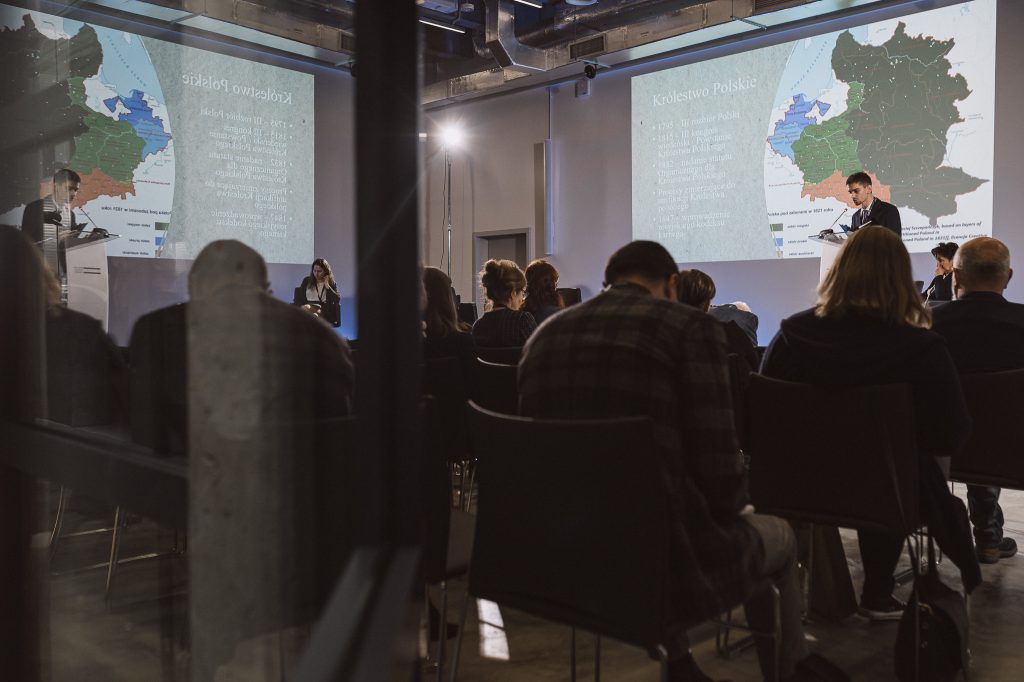
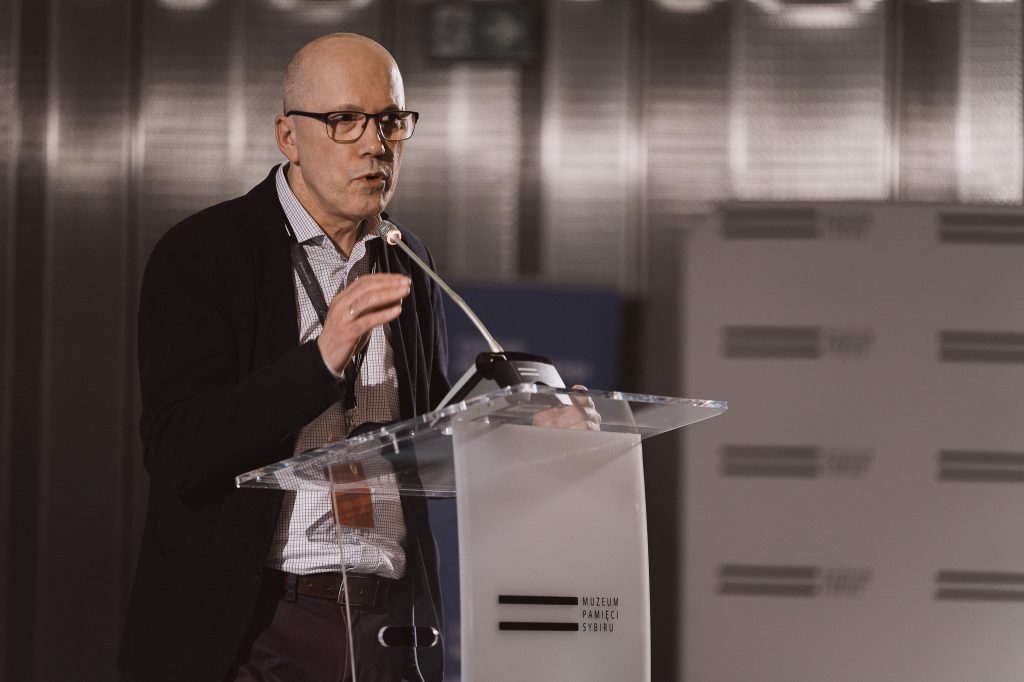
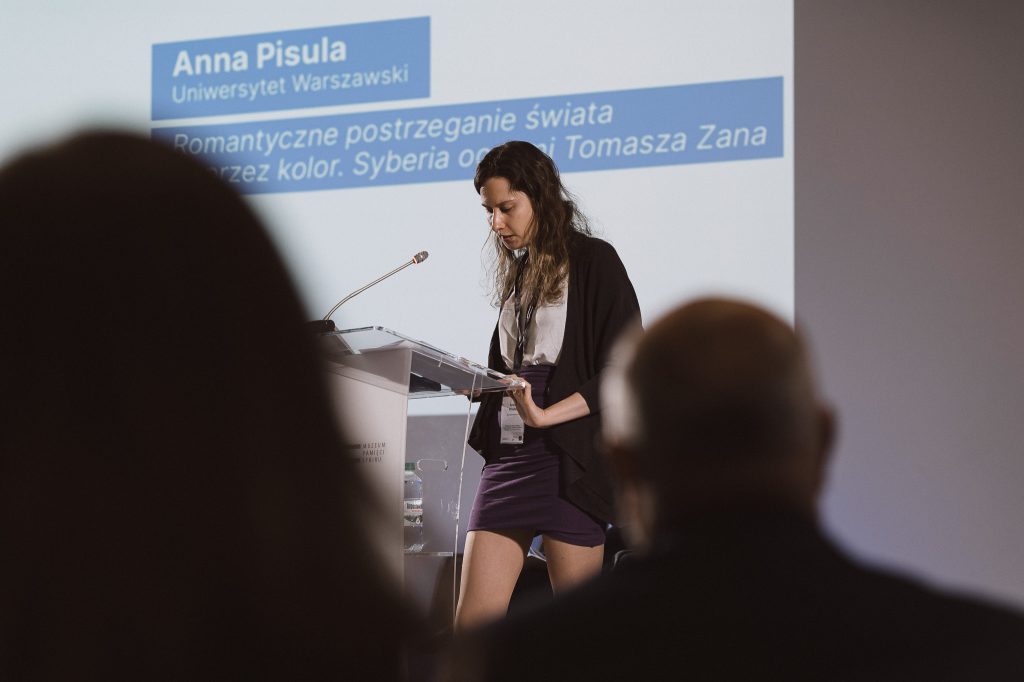
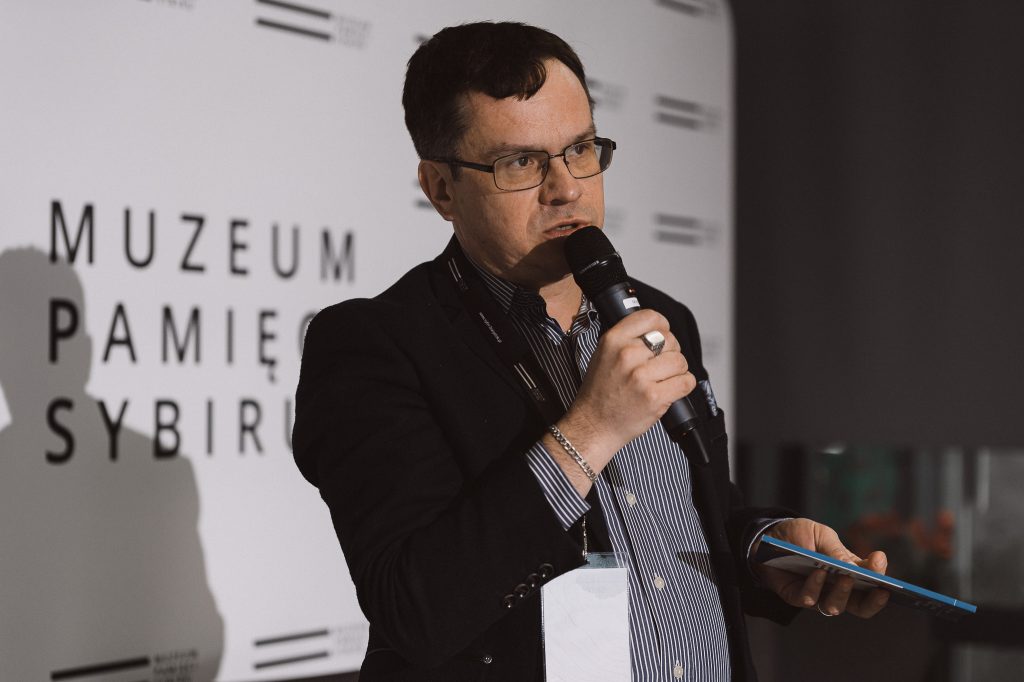
From Marta Czerwaniec-Ivasyk from the Siedlce University of Natural Sciences and Humanities, who deals with genealogy, we heard about the advantages and difficulties of research in military archives.
Marcelina Jakimowicz from the University of Rzeszów talked about oral history, finding sources and problems, e.g. in obtaining the consent of descendants to publish the memoirs of their ancestors.
Halina Łach from the University of Warmia and Mazury spoke with commitment about the fascinating history of Sakhalin – “a common place of Poles, Russians and Japanese”. This island in the far east was until 1905 in the hands of Tsarist Russia as a place of hard labor. Among others there was Franciszek Ciechański – great-grandfather of the speaker. The convicts arrived there in a specially created Volunteer Fleet with which they were departed from Odessa and sailed through the Suez Canal around South Asia. As a result of the Russo-Japanese War, the southern part of the island get into the hands of the Japanese, who called it Karafuto. There, the fate of convicts changed, the Japanese liquidated the camps, although they treated former prisoners with distrust. Returning from Sakhalin after 1945, the exiles found their way to Lower Silesia, Szczecin Pomerania and the territories of former East Prussia, said the descendant of the exile once residing on this island.
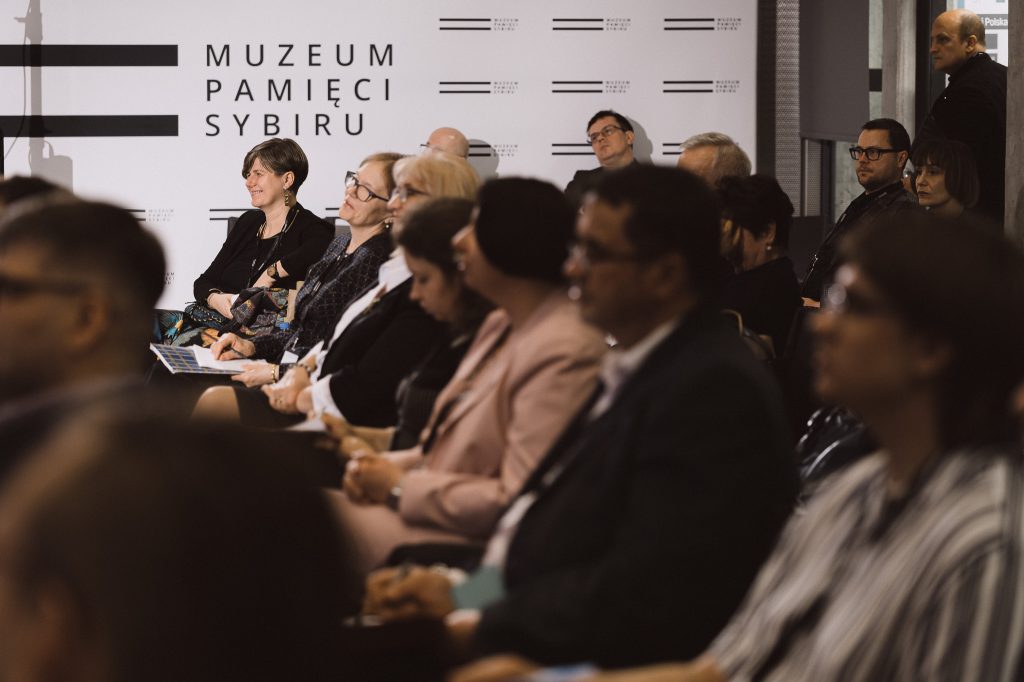
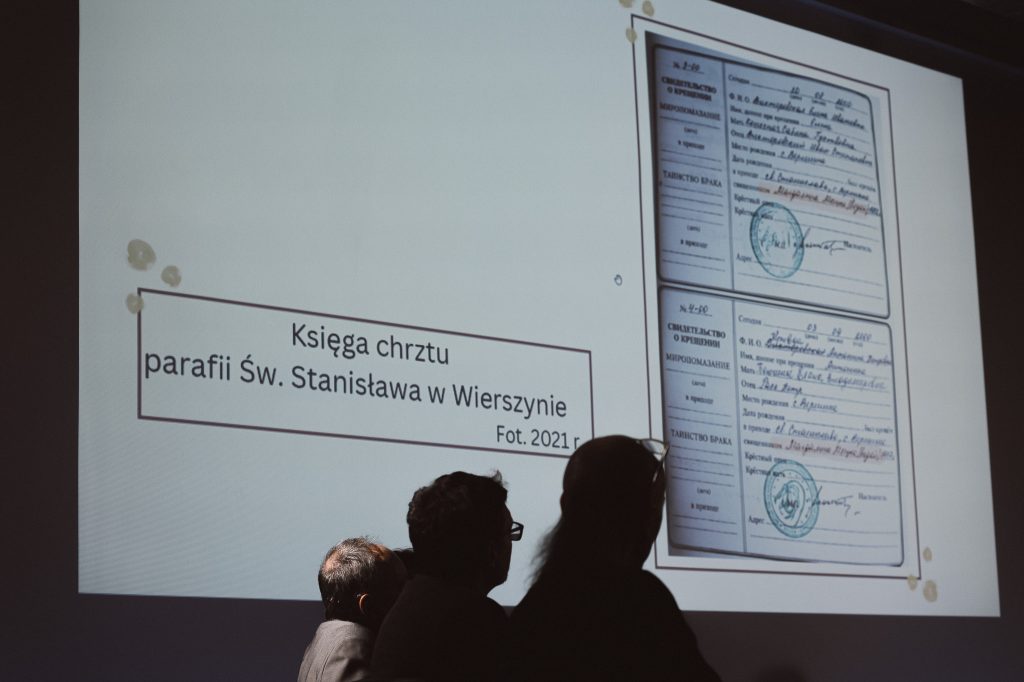

During the two days of the conference, the researchers showed us a wealth of topics related to Siberia and Sybiraks. Many of them indicated the niches, areas not explored yet and waiting for the attention of scientists. They shared knowledge about resources, discoveries, ideas and reflections.
Many interesting discussions that took place at the end of individual sessions moved to the backstage, where passionate and committed researchers exchanged their insights.
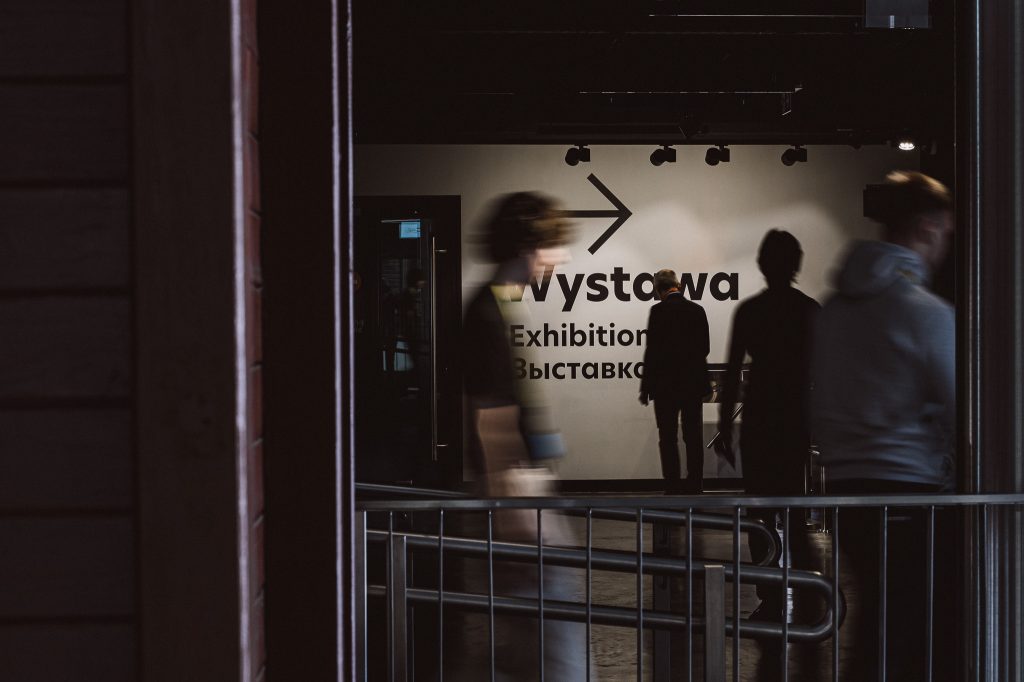
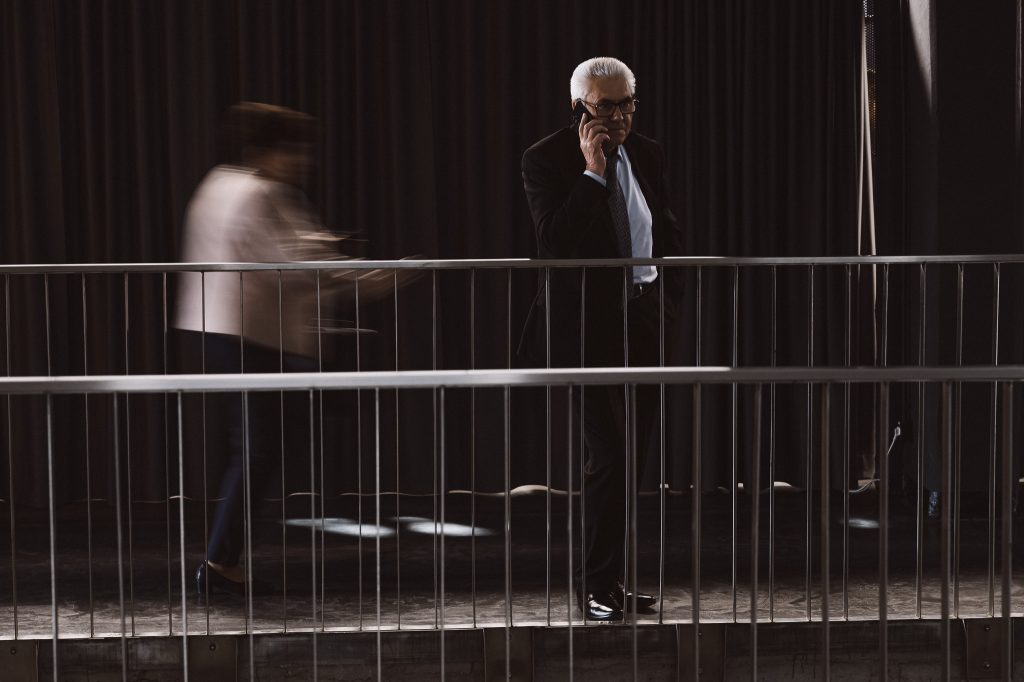
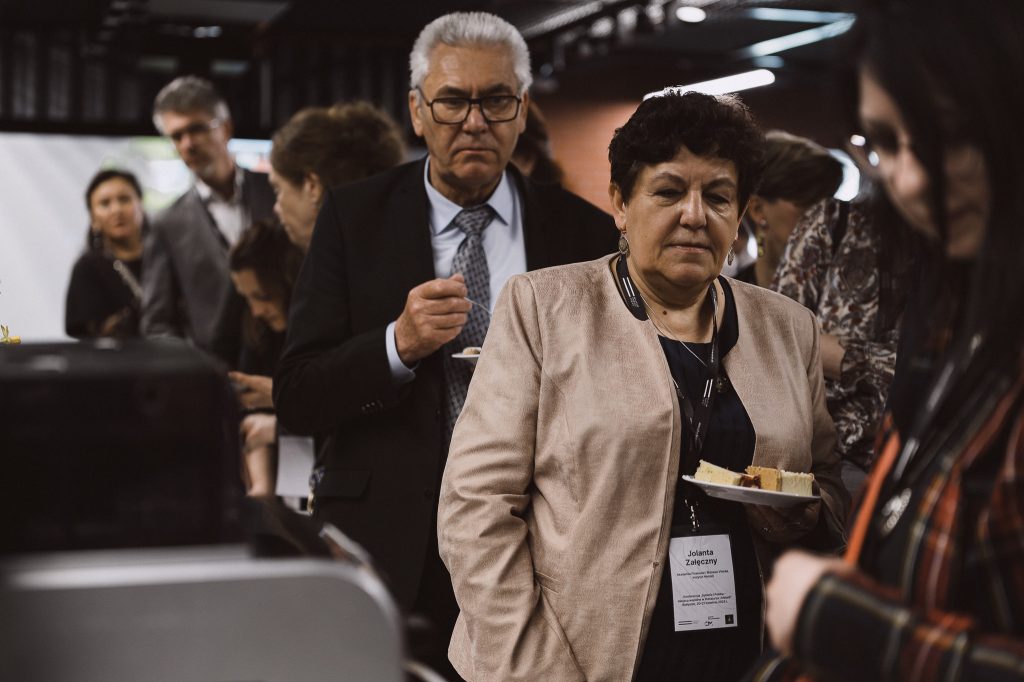

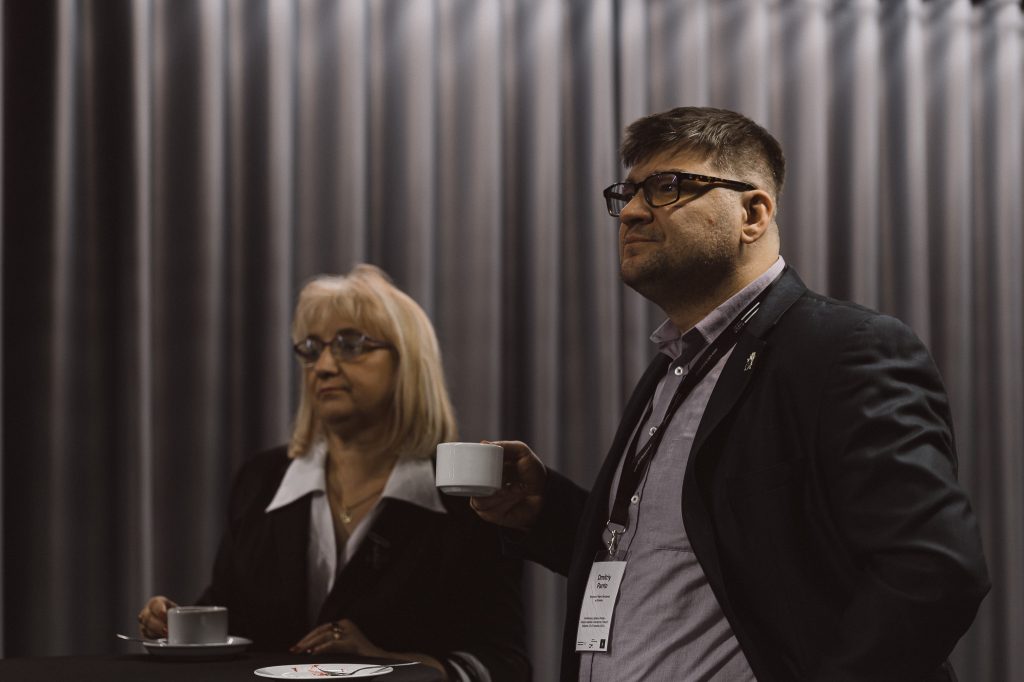
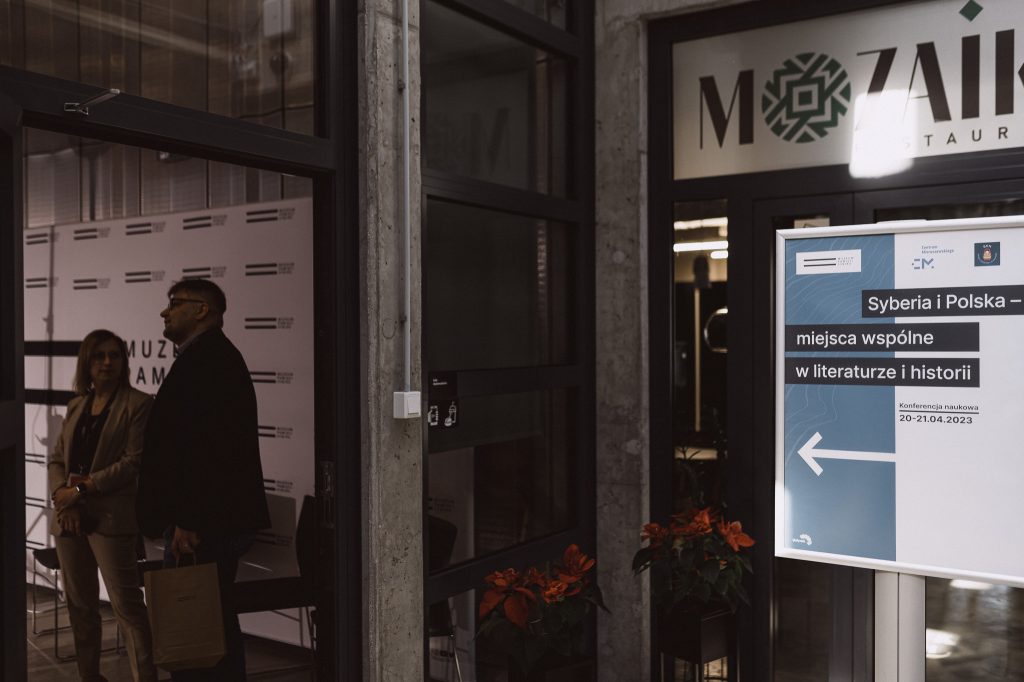
We would like to thank everyone who came to Bialystok to take part in the conference and those who sat in front of computer monitors to watch the live broadcast. The full recording of the conference will soon be available on the “The world of Sybir” (“Świat Sybiru”) website.
The conference was organized by the Mieroszewski Center, the Sybir Memorial Museum and the Student Scientific Club for Dialogue and Cooperation with the East operating at the Department of Russian Studies (at the Institute of Applied Linguistics) of the University of Warsaw.
The event was under the scientific patronage of the Interdisciplinary Commission for Research on the History of Siberia of the Polish Academy of Sciences and the media patronage of the “The world of Sybir” portal (www.swiatsybiru.pl/en).




